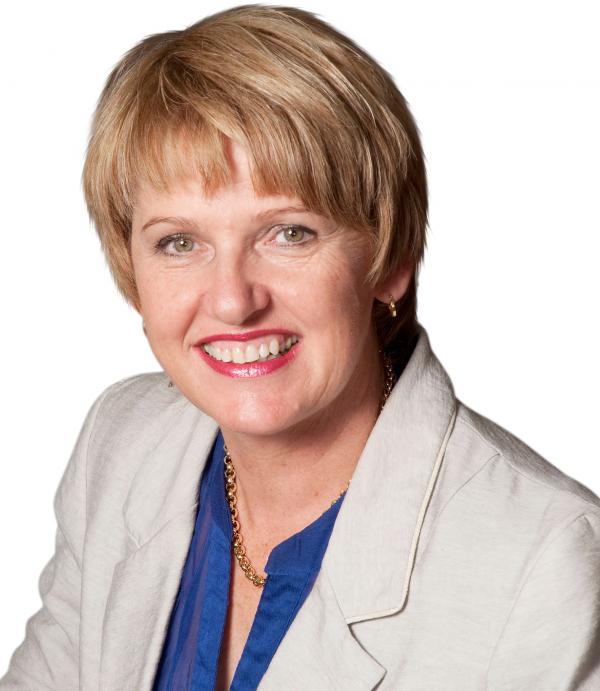 The Health ministry has joined the war against family violence with the introduction of ‘Violence Intervention Programmes (VIPs) at all the 20 District Health Boards (DHBs) spread across the country.
The Health ministry has joined the war against family violence with the introduction of ‘Violence Intervention Programmes (VIPs) at all the 20 District Health Boards (DHBs) spread across the country.
Associate Health Minister Jo Goodhew hoped that the VIPs will help to reduce and prevent the impact of violence at home on members of the family.
“These programmes should also help us to reduce and prevent abuse through early identification, assessment and referral of victims presenting to DHBs,” she said.
Agencies coordinate
Family violence is on the forefront of prevention strategies of a number of governmental agencies including the New Zealand Police and the Families Commission and several non-governmental organisations and voluntary groups.
Ms Goodhew said that health professionals were in a ‘unique position’ to respond when instances of abuse are identified.
“Establishing mechanisms to identify and help those in violent situations is an integral part of the government’s ‘Supporting Vulnerable Children Action Plan’ to halt the rise in the number of assaults on children by 2017,” Ms Goodhew said.
AUT Survey
AUT University carried out an evaluation survey called, ‘The Hospital Responsiveness to Family Violence,’ according to which the DHBs had achieved the target set by the Health Ministry to implement partner abuse, child abuse and neglect intervention programmes a year earlier than expected.
Ms Goodhew said that family violence prevention programmes required partnership with communities, in addition to inter-governmental cooperation and coordination.
She said that a national Memorandum of Understanding between Child, Youth and Family, New Zealand Police and DHBs is in place for interagency collaboration to address child protection concerns.
“Almost all DHBs also have agreements with regional refuge or similar services to support health professional training,” she said.
Significant gaps
The AUT Report commended most DHBs for their ‘good leadership and governance,’ saying that a majority of them had established collaboration with local government and non-government specialist family violence services.
“Family Violence Intervention Coordinators and service level clinical champions are supporting standardised one-day training programmes for clinical staff, the Report said but warned against “existing significant gaps.”
“The most important programme development need continues to be internal quality improvement activities. Evaluation activities have increased over time, supported by the VIP Quality Improvement Toolkit. Yet, furthering the scope of activities, improving measurement rigour and translating internal audit information into VIP quality improvements are areas for further attention.
“While VIP Cultural Responsiveness scores continue to increase, Whanau Ora training activities to improve VIP responsiveness to Māori are still needed,” the Report said.






